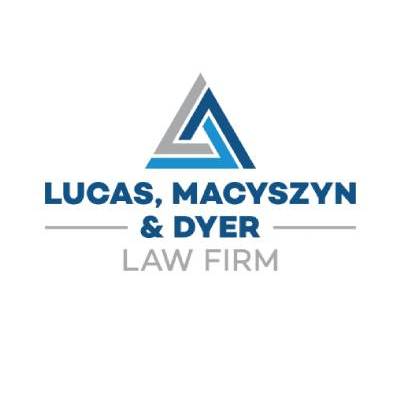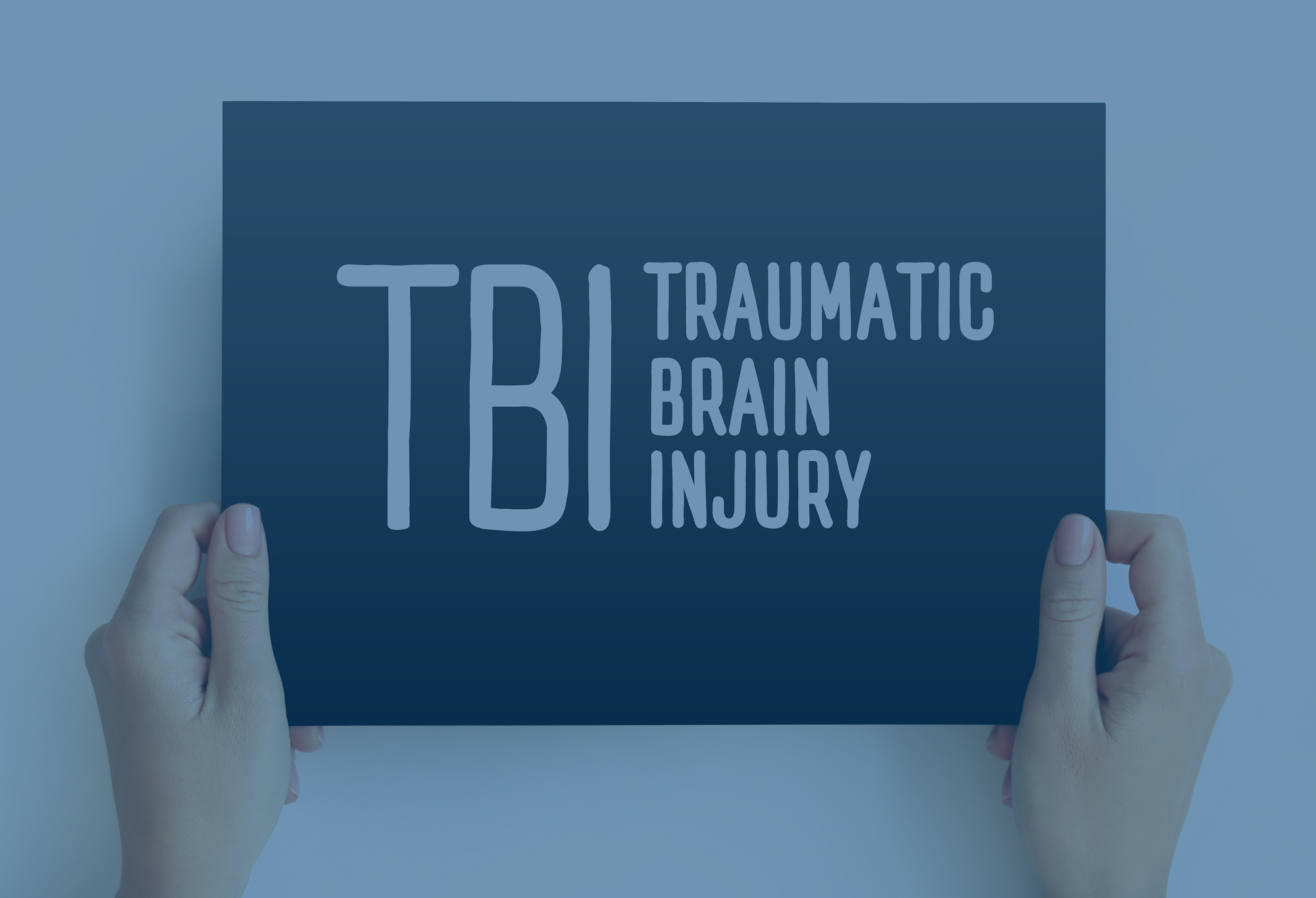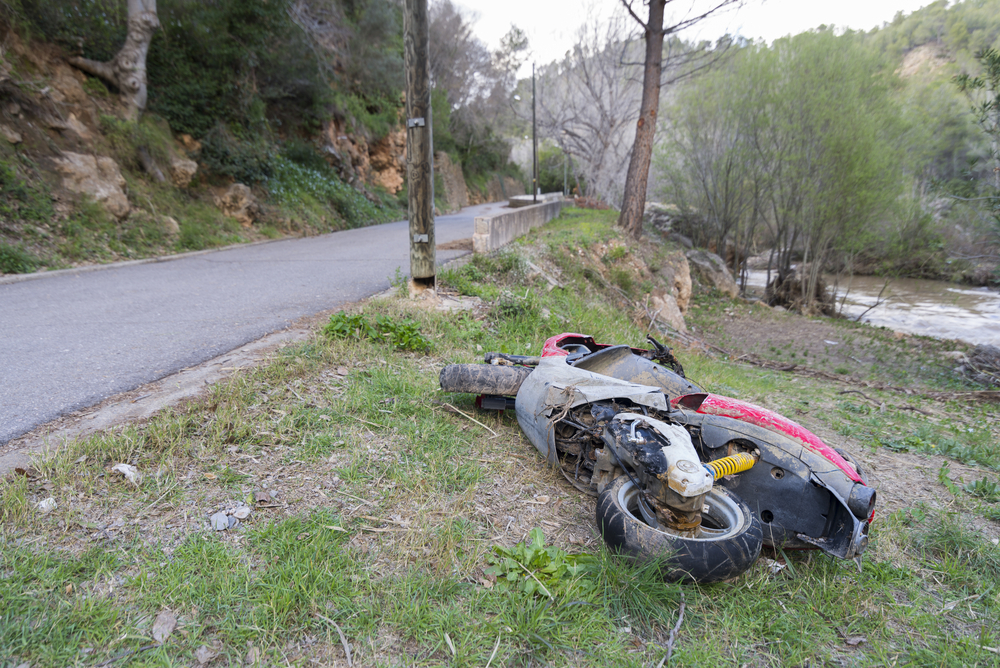
Brain Injuries From a Motorcycle Accident in New Port Richey
There is no question that Florida is arguably one of the best places for motorcycle riders. Smooth roads, perfect weather, and a beautiful landscape make riding in New Port Richey a dream. Unfortunately, while the sunshine state provides the perfect backdrop for an evening ride, it consistently ranks as one of the most dangerous states for motorcyclists.
Day after day, the actions of other motorists put motorcycle riders at risk. And sadly, we all know that any accident for a motorcycle rider can result in catastrophic injuries, including traumatic brain injuries. The law may entitle you to financial compensation if you or someone you loved has suffered a traumatic brain injury after a motorcycle accident.
First, a few facts regarding motorcycle safety
Recent data from the Insurance Institute for Highway Safety reported motorcycle fatalities at an all-time high. During the year included in the report, there were 5,579 motorcycle fatalities. This is an 11 percent increase from the year prior.
Information from the National Safety Council further shows non-fatal injuries also increased over that time period. The National Highway Traffic Safety Administration (NHTSA) reports that during this period, motorcyclists were 28 times more likely to be killed than occupants of larger vehicles and four times more likely to be injured.
Any rider on the road can tell you motorcycles do not offer the same protections as larger vehicles. However, these accidents needn’t happen in the first place. Every day, motorcycle accidents happen because of someone’s negligence. Often, this someone is the driver of a larger vehicle. Motorcycles are smaller and harder to see. This means drivers need to pay extra attention.
Unfortunately, this doesn’t always happen. When a driver is negligent, serious injuries, such as traumatic brain injuries, can occur.
Common causes of motorcycle accidents include:
- Speeding;
- Distracted driving;
- Failure to yield the right of way;
- Driving under the influence; and
- Following too closely.
Recognizing the signs of a traumatic brain injury
You might think it’s easy to spot a brain injury in the average person. Our brain is our most important organ, so surely you can tell when something is wrong. Unfortunately, this isn’t always the case. Symptoms of a brain injury can be easy to miss. And as the CDC reports, they may not show up until hours or days after an accident, making them harder to connect back to your collision.
If you have been in an accident, it’s critical to be able to recognize the signs of a brain injury and when to seek medical treatment. Prompt treatment may prevent permanent damage and could even save your life.
The following list is not all-inclusive. If you suspect a brain injury, see your healthcare provider right away. Symptoms of a brain injury include:
Physical symptoms
- Headaches
- Dizziness or nausea
- Changes in speech
- Loss of consciousness
- Drowsiness
Mental symptoms
- Changes in mood, including irritability, anxiety, and depression
- Difficulty sleeping
- Memory changes
- Confusion
For a full list, visit the Mayo Clinic. If you experience any sudden or concerning changes in your health, contact a medical provider.
Types of brain injuries

Medical professionals categorize brain injuries into two categories: non-traumatic and traumatic brain injuries. Non-traumatic injuries result from an internal source, such as an infection or a lack of oxygen. Traumatic injuries result from an external force, typically a hit to the head or a penetrating wound.
When it comes to motorcycle accidents, the majority of brain injuries are traumatic. They can happen when the head hits the ground or when an object punctures the skull.
Common injuries include:
Concussions
Concussions are the most common type of traumatic brain injury. These injuries are generally the result of a blow to the head. A concussion may not appear on medical imaging, so your care provider may diagnose you based on your symptoms alone.
Every concussion is different. Some people may experience mild symptoms for a short time and then be fine. Others may feel the effect of a concussion several years after their injury, or the symptoms may never go away.
Contusions
You’ve likely heard the term contusion; a contusion is a medical term for a bruise. Bruises happen when blood capillaries rupture. A brain contusion is a bruise to the brain. These injuries can cause brain bleeds and swelling. Sometimes, a doctor may surgically remove a large contusion.
Coup-Contrecoup Injury
Coup-contrecoup injuries involve contusions on both sides of the brain. These injuries happen when the impact causes discoloration on one side but is so severe that it slams the other side of the brain against the skull. Depending on where the injury occurred, treatment options may include physical therapy, speech therapy, or occupational therapy.
Living with a brain injury
It’s hard to predict how a brain injury will affect you. Some people recover quickly with no long-lasting effects. Others may find it difficult to return to the life they lived before. Some of the issues victims of brain injuries face include:
Problems at work
A brain injury can affect the very way your brain functions. Things that were once easy may become impossible. This can make returning to work difficult.
Symptoms that may interfere with your ability to work include:
- Difficulty learning new skills
- Memory problems
- Difficulty concentrating
- Difficulty with problem-solving, reasoning, and judgment
If you have problems at work, talk to your employer and your lawyer. In many cases, there are legal protections that will protect your job. If you cannot return to work, your attorney can help you fight for lost income.
Problems at home
Often, we don’t fully appreciate how our brains make us who we are. Yes, we rely on them to make decisions and complete a task, but our brains also affect how we respond to people, control our emotions, and control ourselves. A brain injury can affect the very person who you are and can affect your relationships.
Symptoms that can affect your home life include:
- Mood changes
- Irritability
- Impaired impulse control
- Lack of empathy
- Difficulty communicating
Physical changes
Physical symptoms can require further treatment and interfere with your quality of life. Physical therapy or lifestyle changes may help you manage these symptoms.
Physical complications of a brain injury can include:
- Dizziness
- Headaches
- Seizures
- Infections
- Vertigo
- Paralysis
- Coma
- Hearing loss
- Ringing in the ears
- Sensory issues
The financial cost of living with a brain injury
It’s easy to feel overwhelmed after you suffer a brain injury. Brain injuries are traumatic, and they are expensive. According to Northwestern University, the lifetime cost of treating a brain injury can range from $85,000 to $3 million. After an accident, money is the last thing you should have to think about.
An experienced motorcycle accident attorney can calculate the actual costs of your injuries and help you pursue a fair and reasonable settlement. Some of the costs your case may include are:
Economic damages
- Medical treatment: Motorcycle accidents are very rarely minor accidents. Instead, they often result in serious injuries. The goal of an accident case is to recover all past medical costs. This can include medical imaging, lab tests, surgeries, hospital stays, medication, and medical devices. Your attorney can request additional financial compensation for serious injuries that require long-term care.
- Lost wages: If your injuries are severe, you will likely need to miss time from work. Under the law, you have the right to ask for lost wages for time missed due to your injuries. The lost wages will cover any time you miss from the date of your accident until you can return to work. If your injuries prevent you from returning to work, your attorney will likely ask for future lost wages.
- Rehabilitative services: Brain injuries often require substantial rehabilitation. This is a cost you can include in your motorcycle accident case. Examples of covered services include physical therapy, speech therapy, behavioral therapy, mental health counseling, and occupational therapy.
- Supplemental services: Were you the primary caregiver before your accident? Did you take responsibility for your family’s lawn care? When a brain injury interferes with your ability to complete these tasks, you may have to hire outside help. This is not a cost you should have to cover on your own. Be sure to inform your attorney about your limitations and associated costs.
Non-economic damages
- Pain and suffering: Brain injuries are taxing physically, mentally, and emotionally. We cannot overstate this pain. While we can easily tie economic damages generally to a direct dollar amount, non-economic damages, like pain and suffering, are a little harder to quantify. The insurance company or the jury will typically look at how your injuries directly affect your daily life and quality of living.
- Loss of relationship: Unfortunately, a brain injury can affect your physical or emotional connection with your partner or family. Your compensation should pay for this loss. Loss of relationship may include loss of companionship, loss of guidance, loss of affection, or loss of a sexual relationship.
Who holds financial responsibility after a brain injury?
Because of the enormous cost of brain injuries, it’s essential to recognize all parties who may hold financial liability. In some cases, a defendant’s insurance policy alone may not be enough to cover your costs. If another party is legally liable for the accident, your attorney can also seek to recover damages from them. Whether there is more than one party who holds financial responsibility will depend on the specifics of your case. An experienced motorcycle accident attorney can help you make sure you have access to all available policies.
Possible payers may include:
- The other driver’s employer: If the other party was on the job at the time of the accident, their employer might be responsible for any costs not covered by the driver’s policy.
- Your employer: Were you working at the time of the accident? If so, your employer may cover some of the costs.
- A third-party driver: Sometimes, more than one driver causes an accident. If the actions of another driver contributed to the accident, even if they were not directly involved in the collision, they may hold secondary or sometimes even primary responsibility.
- A government entity: Motorcycle accidents can happen because of poor road conditions, such as potholes or loose gravel. The state and local governments have a responsibility to maintain the roadways safely. If the government knew about the hazardous conditions and failed to take appropriate action, they may hold legal responsibility.
If your costs exceed the other party’s insurance policy, and there is no secondary party, your insurance may come into play. If your policy includes uninsured/underinsured driver coverage, you can access this up to the policy limit.
How helmet use relates to your right to damages

There is clear and convincing evidence that helmets are essential to motorcycle safety. According to the CDC, helmet use reduces the risk of head injury in a motorcycle accident by 69 percent. However, helmets do not prevent all brain injuries.
Further, in many cases, the law may not require you to wear a helmet. In Florida, for example, helmets are optional if you are at least 21 and have appropriate insurance coverage. Even if your accident is in a state that requires all riders to wear helmets, you may still file a legal claim. Your case is about liability. If another party’s negligence caused your injuries, you likely have a claim for legal damages.
Reach out for help today
It can be difficult to process when you suffer a brain injury after a motorcycle accident. You don’t have to go through this alone. An experienced motorcycle accident attorney can help you navigate the process and fight for maximum recovery. Don’t wait to get the help you need.
If you or someone you care about has suffered an injury due to an accident, contact an experienced motorcycle accident attorney.



